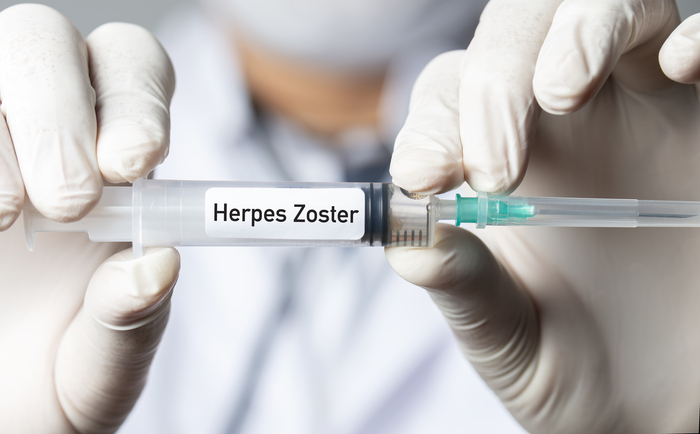Vaccination against shingles could prevent dementia by reducing the risk by 20%. Finding an association between the shingles vaccine and a lower rate of dementia is a large study published on the medRxiv preprint server, which is discussed on Nature.it.
The idea that viral infection may play a role in at least some cases of dementia dates back to the 1990s, when biophysicist Ruth Itzhaki of the University of Manchester, UK, found the herpesvirus in the brains of people who died with dementia . The theory has been controversial but recent work has suggested that people infected with viruses that affect the brain have higher rates of neurodegenerative disease.
The team led by epidemiologist Pascal Geldsetzer of Stanford University, California used data from a shingles vaccination program in Wales that began in September 2013. Shingles is caused by the resurgence of the chickenpox virus, it is more common in the elderly and can cause severe pain and rashes. The researchers looked at the electronic health records of 296,603 people born between 1925 and 1942. The vaccine reduced the risk of dementia by 19.9 percent overall in older adults who received it. “If this is confirmed, there would be important consequences”, because given the large numbers of people affected by Alzheimer’s “even a modest reduction in risk has a huge impact”, explains Alberto Ascherio, an epidemiologist at Harvard University in Cambridge, Massachusetts . As for the causes, it is possible that the vaccine could trigger an immune response that helps reduce the risk of dementia.
Others still call for caution. “The study is well done, but not conclusive,” says Maria Glymour, an epidemiologist at the University of California, San Francisco, who says it’s possible the vaccine only delays the onset of dementia. The authors also found that the effect was mostly in women, which some believe calls into question whether there really is a causal relationship between the vaccine and dementia. So before the results influence policy choices, the researchers add, they should be confirmed by a real clinical trial.
breaking latest news © Copyright ANSA
